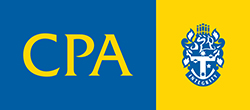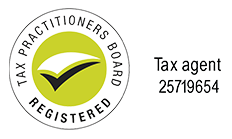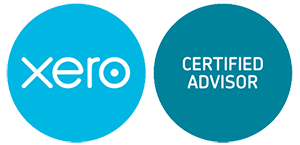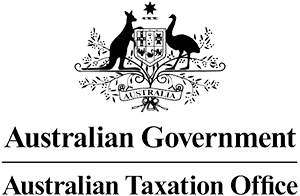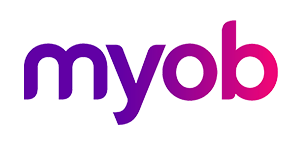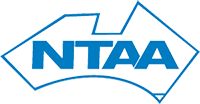There is an art to structuring business for asset protection and to minimise tax burdens.
The article below is a simple crash course on Business Structures, meaning it only covers the basics. To find out the pros and cons, set-up and idiosyncrasies of each, then it would be wise to check out: Thinking About Your Business Structure. It is a valuable asset to anyone in business or planning to commence a business.
Business Structures
Sole Traders
A sole trader is an individual running a business. It is the most common type of business structure and the cheapest and easiest one to set up. The individual is legally responsible for all aspects of the business, including debts and losses.
As a sole trader, you will be responsible with making all of the decisions involving your business. You will also need to register your business name with the Australian Securities and Investment Commission (ASIC).
Partnership
A partnership business structure involves a number of people who manage a business together. This allows two or more individuals to pool their assets and skills in order to leverage their business. It is relatively inexpensive to set up and operate.
This type of business structure is not a separate legal entity, therefore you and your partners are still liable for all debts and legal obligations of the business.
Company
A company is a separate legal entity with higher set-up administration costs and additional reporting requirements. It is run by its directors and owned by its shareholders. Running your own company increases the credibility of your business, and if government grant opportunities are of interest to you, many will only be granted to companies. The process is not as easy as setting up as a sole trader or partnership – and it is wise to have a DBA Accountants Team Member help you with this.
Even thought the company is a separate entity, Directors can still be liable for their actions, and in some cases, debts of the company.
A company must be registered with ASIC and the company officers and directors must comply with their legal obligations as stipulated under the Corporations Act 2001.
Limited Company and Public Company
A limited liability company is a corporate structure formed by one or more individuals or entities through a special legal agreement. An Australian company with only Limited or Ltd after its name is known as a Public Company, such as a company listed on the Australian Securities Exchange (ASX).
Family Trust
A Family Trust is an entity established by a family member for asset protection or tax purposes. It has many potential benefits such as avoiding issues and challenges to wills in the event of a death of a senior family member. It can also assist in protecting the family’s assets from liabilities when a family member falls into bankruptcy or insolvency.
For help with discovering which Business Structure would benefit you most, please give us a call at DBA Accountants.


